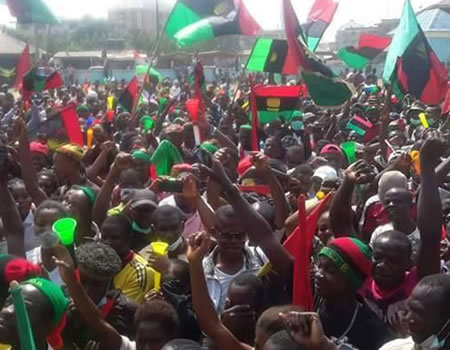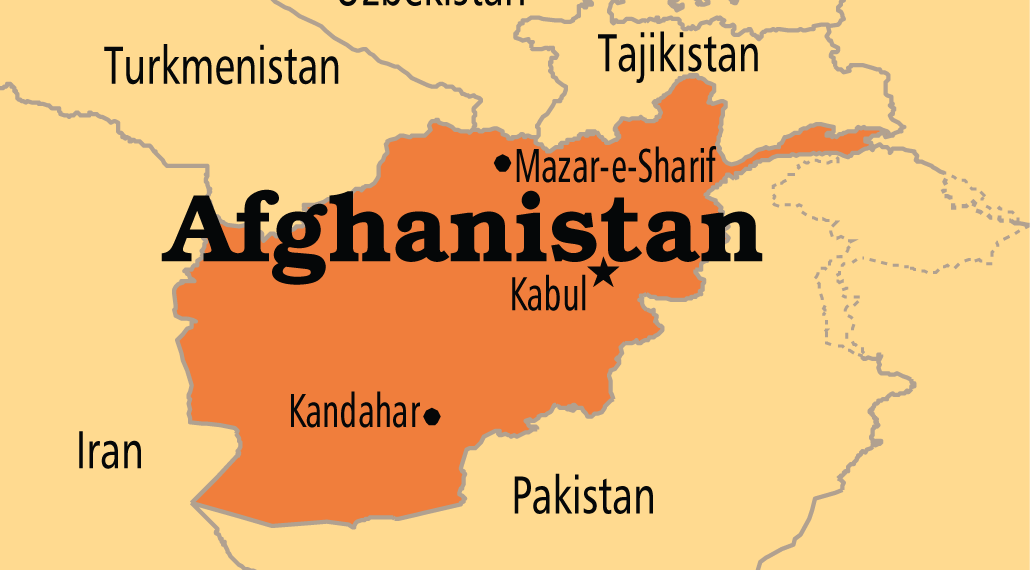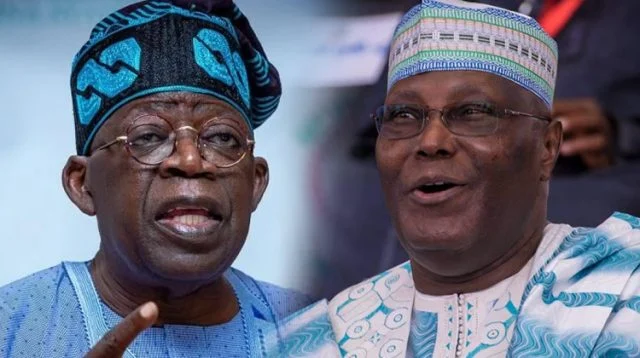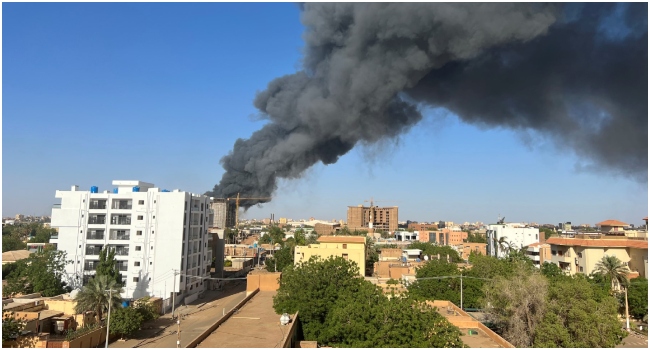Determined to remove President Bola Tinubu from office, the presidential candidate of the Peoples Democratic Party, PDP, Alhaji Atiku Abubakar, has applied for leave of the Supreme Court to file what he termed as fresh evidence. Atiku, in the motion he filed through his team of lawyers led by Chief Chris Uche, SAN, said the evidence he is seeking to tender before the apex court, would establish his allegation that President Tinubu of the ruling All Progressives Congress, APC, submitted forged documents to the Independent National Electoral Commission, INEC, in aid of his qualification to participate in the presidential election that held on February 25. The former Vice President maintained that President Tinubu, by his action, committed a twin offence of forgery and perjury, and therefore deserved to be sacked from office by the Supreme Court. Specifically, Atiku, sought the leave of the court to tender Tinubu’s academic records which he said were handed over to him by the Chicago State University, CSU, on October 2, 2023. According to the motion, the 32 paged documents, were released by the CSU on the orders of Judge Nancy Maldonado of the District Court of Illinois, Eastern Division, Illinois, United States of America. Atiku predicated his motion for leave to file fresh evidence against Tinubu, on Order 2, Rule 12(1) of the Supreme Court Rules 1985, Section 137(1) of the 1999 Constitution, as amended, as well as the inherent jurisdiction of the apex court as encapsulated in section 6(6)(a) of the 1999 Constitution. Though the application was dated October 5, however, Atiku’s legal team perfected the filing process on Friday night. The PDP flag-bearer basically prayed the court for an order, granting him leave, “to produce and for the court to receive fresh and additional evidence by way of deposition on oath from the Chicago State University for use in this appeal to wit: the certified discovery deposition made by Caleb Westberg on behalf of Chicago State University on October 3, 2023, disclaiming the certificate presented by the 2nd respondent, Bola Ahmed Tinubu to the Independent National Electoral Commission.” He equally prayed the apex court to “receive the said deposition in evidence as exhibit in the resolution of this appeal,” and to further make order or orders the apex court may deem fit to make in the circumstances of the case. The application was predicated on 20 grounds, among which included a claim that the deposition sought to be adduced along with its accompanying documents, “would have important effect in the resolution of this appeal.” “The deposition is relevant to this matter, having confirmed that the certificate presented by the 2nd Respondent to the Independent National Electoral Commission (INEC) did not emanate from Chicago State University, and that whoever issued the certificate presented by the 2nd Respondent, did not have the authority of the Chicago State University, and that the 2nd Respondent never applied for any replacement certificate nor was he issued any replacement certificate by the Chicago State University. “The deposition which is on oath and deposed to in the presence of the 2nd Respondent’s Attorney is credible and believable, and ought to be believed. “The deposition is clear and unambiguous, and no further evidence is needed to be adduced on it. “The evidence is such that could not have been obtained with reasonable diligence for use at the trial, as the deposition required the commencement of the suit in the United States of America before receiving same. It was not possible to obtain the said evidence before the trial at the Court below. “The deposition was made on October 03, 2023 after the conclusion of trial at the Court below, and was not available to be tendered at the trial,” Atiku averred. He contended that “the presentation of a forged certificate to the independent National Electoral Commission by a candidate for election to the office of President of the Federal Republic of Nigeria, is a weighty constitutional matter, requiring consideration by the Courts as custodians of the Constitution.” Atiku’s lawyer, Uche, SAN, stated that the original certified deposition from the CSU, had since been forwarded to the Supreme Court by a letter that was addressed to the Chief Registrar of the court. More so, in a 20 paragraph affidavit that was attached in support of the appeal marked: SC/CV/935/2023 with petition number: CA/PEPC/05/2023, the deponent, one Uyi Giwa-Osagie, who is a legal practitioner, averred that the certificate President Tinubu presented to INEC in support of his qualification to contest the presidential election, was earlier tendered in evidence before the Presidential Election Petition Court, PEPC, and was marked as Exhibit PBDlB. He attached a copy of the said certificate that was admitted in evidence by the PEPC in the appeal before the Supreme Court as Exhibit “E”. Giwa-Osagie added that the same document was tendered with the deposition in the USA and that at the trial, a certificate obtained from the Chicago State University was also tendered in evidence as exhibit PBE4. He also annexed the document as exhibit “G”. “That the deposition is a relevant piece of fresh evidence explaining the status of the certificate the 2nd Respondent presented to INEC in support of his qualification to contest the election,” Giwa-Osagie added. Atiku’s legal team said they would during the hearing at the Supreme Court, rely on the Record of Appeal already transmitted. “My Lords, we most humbly adopt the facts as presented in the supporting affidavit, and same will be referred to in the course of the argument,” Atiku’s lawyer added, insisting that the apex court has the power, jurisdiction and discretion to grant an application for fresh or additional evidence to be adduced on appeal. “Order 2 Rule 12 (7), (2) and (3) of the Supreme Court Rules provide as follows: (1) A party who wishes the Court to receive the evidence of witnesses (whether they were or were not called at the trial) or to order the production of any document, exhibit or other thing connected














